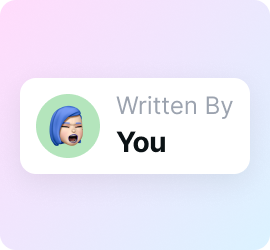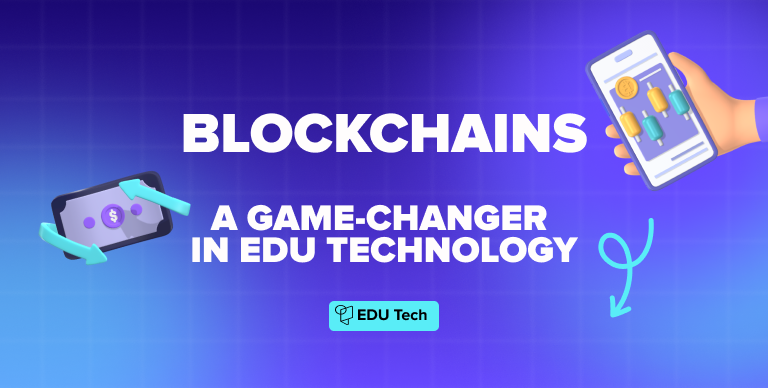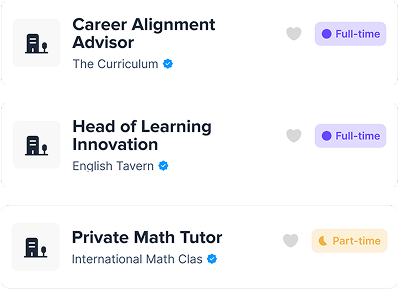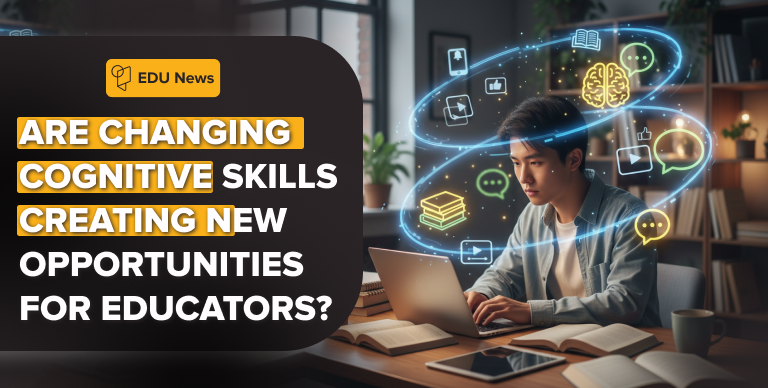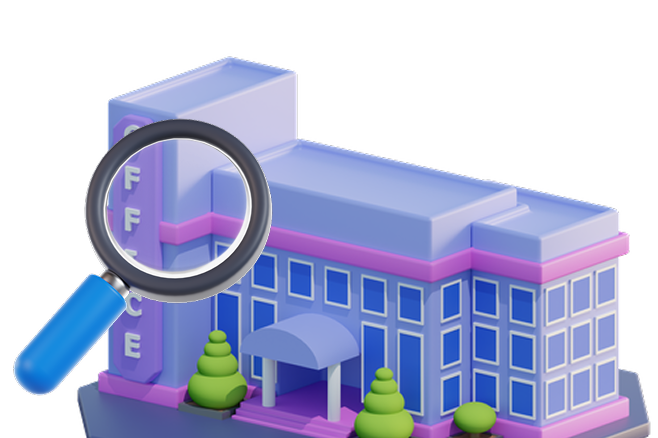In the realm of education technology, blockchains stand out as a powerful force poised to redefine traditional practices and propel educational institutions into a new era of efficiency, transparency, and innovation. With their robust framework and decentralized nature, blockchains offer a myriad of applications that can revolutionize various aspects of education, from credentialing to learning management systems.
Blockchains Reinventing Educational Credentials
Blockchain technology provides a secure and tamper-proof way to store and verify academic credentials, such as diplomas, certificates, and transcripts. By leveraging blockchain’s decentralized ledger, educational institutions can issue digital credentials that are immutable and instantly verifiable. This not only enhances the credibility and authenticity of qualifications but also streamlines the verification process, saving time and resources for both employers and academic institutions.
Enhancing Educational Transparency with Distributed Ledgers
One of the key strengths of blockchain technology lies in its ability to foster transparency and trust within educational ecosystems. By utilizing distributed ledgers, educational institutions can maintain transparent records of academic achievements, learning outcomes, and institutional performance. This transparency promotes accountability and integrity, ensuring that stakeholders have access to accurate and reliable information to make informed decisions.
Transforming Learning Management Systems with Blockchain
Learning management systems (LMS) serve as the backbone of modern education, facilitating the delivery of course materials, assessments, and communication between educators and learners. By integrating blockchain technology into LMS platforms, educational institutions can enhance data security, improve interoperability, and streamline administrative processes. Blockchain-powered LMS systems offer a secure and efficient way to manage student records, track learning progress, and facilitate peer-to-peer collaboration.
Facilitating Decentralized Learning Environments
Blockchain technology enables the creation of decentralized learning environments that prioritize accessibility, inclusivity, and collaboration. By leveraging smart contracts and decentralized applications (DApps), educators and learners can engage in peer-to-peer exchanges of educational resources, expertise, and feedback. This decentralized approach empowers learners to take control of their educational journey, access personalized learning experiences, and participate in global learning communities.
Exploring Blockchain Applications for Educational Innovation
Beyond credentialing and learning management, blockchain technology offers a wide range of applications that can drive educational innovation. These include blockchain-based voting systems for student governance, transparent allocation of educational funding, secure sharing of research data, and microcredentialing for continuous professional development. By embracing blockchain technology, educational institutions can unlock new opportunities for collaboration, efficiency, and creativity in teaching and learning.
In conclusion, blockchains represent a game-changer in education technology, offering a powerful solution to many of the challenges facing traditional educational systems. With their strong foundations and versatile applications, blockchains have the potential to transform credentialing, transparency, learning management, and educational innovation. As educational institutions continue to embrace blockchain technology, they can pave the way for a more accessible, inclusive, and impactful education system for learners around the world.



